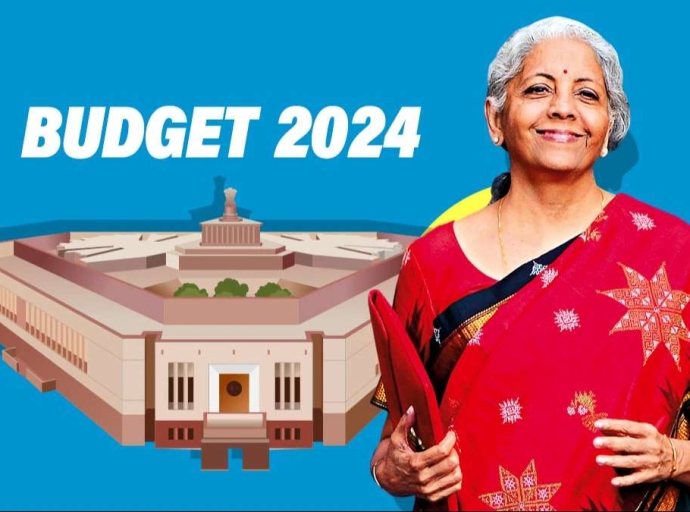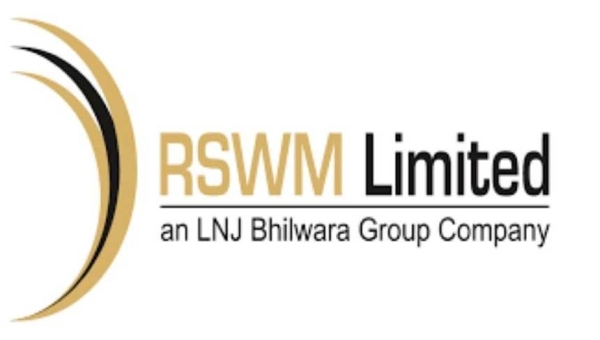Sustainable Innovation at the Forefront
Textile giant RSWM Limited, a subsidiary of the LNJ Bhilwara Group, has unveiled its Autumn-Winter 2025-26 collection. This new line highlights their commitment to sustainability, quality, and innovation across all their divisions: Greige Yarns, Melantra, LNJ Knits, and LNJ Denim.
Natural Fibers Take Center Stage
A core focus of this season's collection is the use of natural and eco-friendly fibers like flax, hemp, ramie, nettle, jute, and banana. RSWM showcases its expertise by blending these with recycled polyester, modal, cotton, and lyocell.
Join our group
This creates high-performance yarns that are both sustainable and functional. RSWM offers a wide range of options (Ne 4.5 to Ne 30) to cater to diverse applications in clothing and home textiles. This collection aligns perfectly with the global trend towards eco-conscious textiles.
Comfort and Sophistication with LNJ Knits
"Soul - A Collection of Whispers," LNJ Knits' Autumn-Winter line, embodies both comfort and contemporary style. Inspired by the gentle winter breeze, the collection offers a variety of knitted fabrics that are not only comfortable but also aesthetically pleasing.
The color palette, inspired by WGSN's Autumn/Winter 2025-26 forecast, features muted earth tones, soft pastels, and deep, rich shades that reflect the changing seasons. This collection offers something for everyone, from luxurious loungewear and elegant casual pieces to sophisticated outerwear for men, women, and children.
Melange Yarns Find Peace
Melantra, RSWM's melange yarn division, presents its Autumn-Winter collection themed "Color of Peace." Inspired by the rustling of autumn leaves, the collection features a beautiful blend of natural fibers with cotton, recycled polyester, modal, and lyocell.
Melantra's expertise shines through in the subtle gradations and sophisticated blends, creating yarns that are peaceful to look at and touch.
Colors like almond oil, Blackberry Wine, Aquamarine, Fresh Salmon, and Orient Blue evoke feelings of tranquility and serenity. This collection combines Melantra's technological prowess with a thoughtful color strategy, offering designers and consumers a range of options to create stylish and emotionally resonant garments.
A Commitment to Sustainability and Design
"Innovation is in our DNA," said B.M. Sharma, Joint Managing Director of RSWM Limited, on the launch of these collections. "We constantly develop new, high-quality textiles that push creative boundaries and meet global standards. Our collections showcase not only these advancements but also our design philosophy and commitment to eco-friendly practices."
Earlier this year, LNJ Denim launched their well-received AW25 Echo collection, which emphasizes both modern style and environmental consciousness.
RSWM's strong manufacturing base in North India ensures efficient production and timely delivery, solidifying its position as a textile industry leader.
Visit for more




